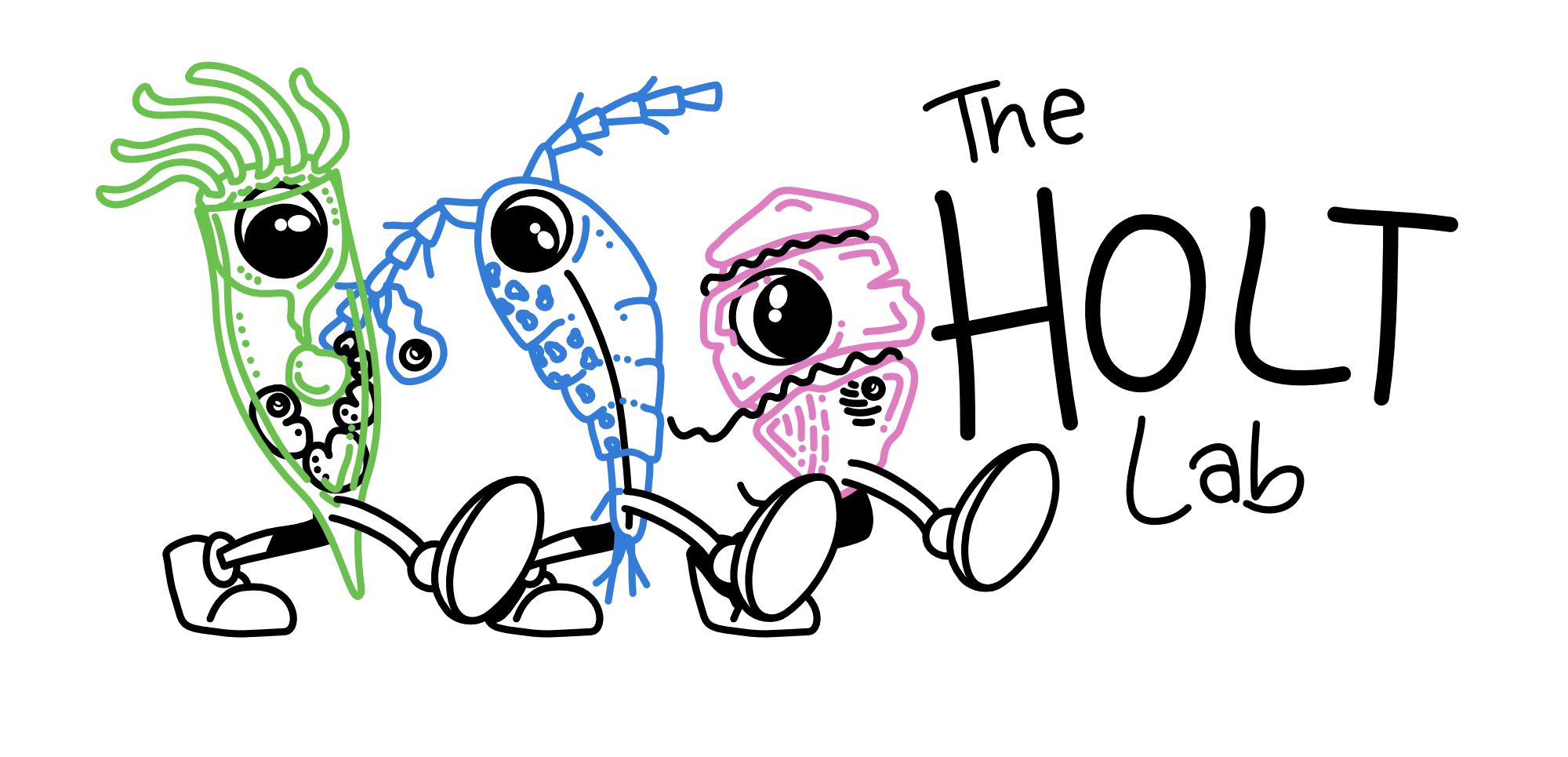Holt CC, Boscaro V, Van Steenkiste NW, Herranz M, Mathur V, Irwin NA, Buckholtz G, Leander BS, Keeling PJ.
Background: Microbial symbioses in marine invertebrates are commonplace. However, characterizations of invertebrate microbiomes are vastly outnumbered by those of vertebrates. Protists and fungi run the gamut of symbiosis, yet eukaryotic microbiome sequencing is rarely undertaken, with much of the focus on bacteria. To explore the importance of microscopic marine invertebrates as potential symbiont reservoirs, we used a phylogenetic-focused approach to analyze the host-associated eukaryotic microbiomes of 220 animal specimens spanning nine different animal phyla.
Results: Our data expanded the traditional host range of several microbial taxa and identified numerous undescribed lineages. A lack of comparable reference sequences resulted in several cryptic clades within the Apicomplexa and Ciliophora and emphasized the potential for microbial invertebrates to harbor novel protistan and fungal diversity.
Conclusions: Microscopic marine invertebrates, spanning a wide range of animal phyla, host various protist and fungal sequences and may therefore serve as a useful resource in the detection and characterization of undescribed symbioses.
Read the paper here
Holt CC, Boscaro V, Van Steenkiste NW, Herranz M, Mathur V, Irwin NA, Buckholtz G, Leander BS, Keeling PJ. Microscopic marine invertebrates are reservoirs for cryptic and diverse protists and fungi. Microbiome. 2022 Sep 30;10(1):161.
